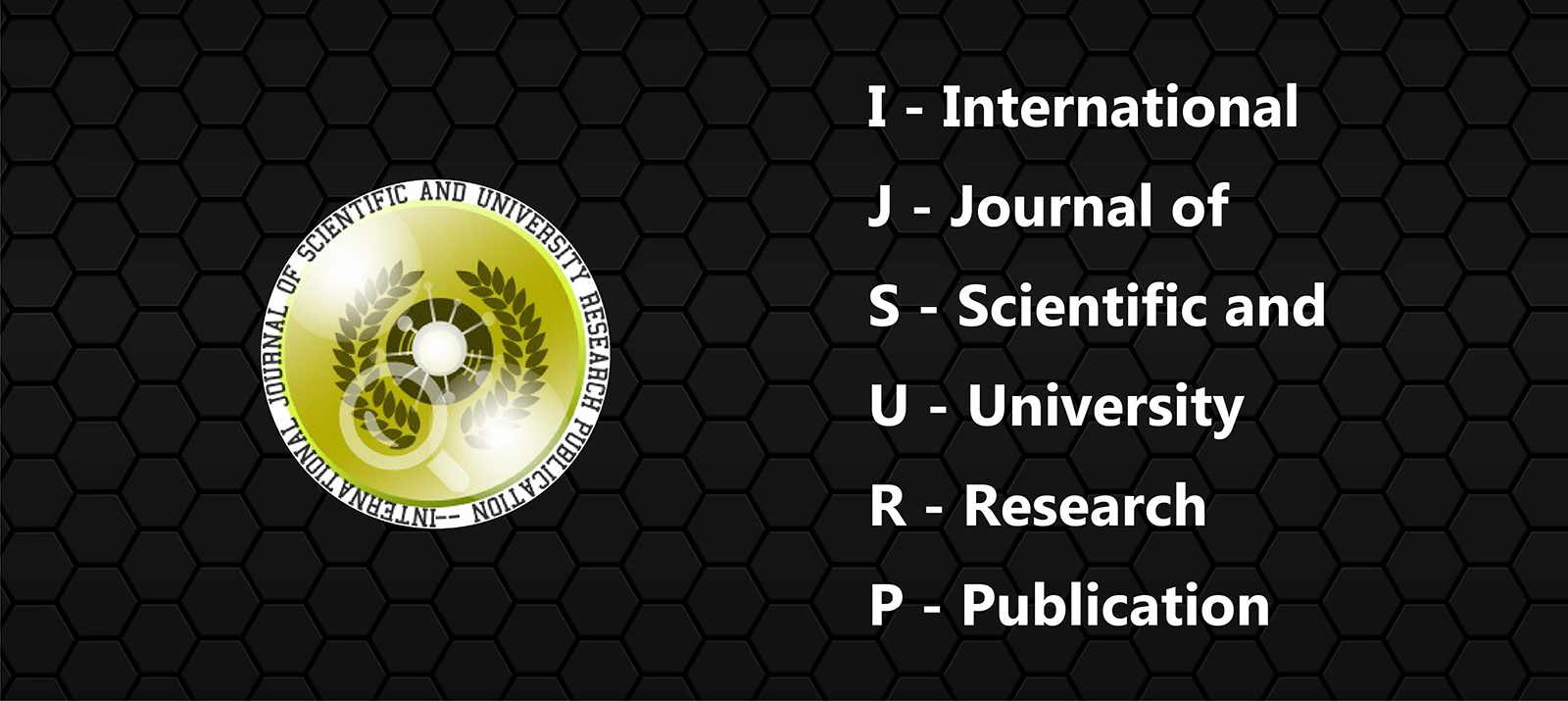Study of Food Handlers as Potential Carriers of Pathogenic Intestinal Bacteria
Volume : (3), Issue : 211, February - 2017

Abstract : Food handlers come in contact with the food from time of its preparation to serve. It is possible that the food handlers can be a potential carrier of pathogenic intestinal bacteria and can transmit the organisms to the immunocompitant as well as immunocompromised individuals of the hospitals. An outbreak of such incidences is a common sight. Proper handling of food and a good personal hygiene of the food handlers can help in decreasing the incidences of food poisoning which are transmitted through food handlers. The aim of the study was to identify the carrier rate of pathogenic intestinal bacteria among the food handlers in a tertiary care setting and to identify the antibiotic sensitivity patterns of the isolated organisms. A total of 50 stool sample from the food handlers were taken and subjected to routine conventional microbial technique and antibiotic sensitivity testing. For ETEC, modified Biken’s test was performed and for Salmonella and Shigella species, Reverse Latex Agglutination was performed. Out of the total sample studied, 8 (16%) were found carriers for pathogenic bacteria. The organisms isolated included Salmonella typhi (4%), salmonella species (2%) and Enterotoxogenic E. coli (ETEC) (10%). The isolated organisms were found sensitive to the most of the conventionally used antibiotics. Food handlers who are carriers of pathogenic intestinal bacteria are at a risk of transmitting the organisms though the food to the healthy or immuno compromised individuals of the hospital. To minimize this risk, personal hygiene and sanitation should be improved. Food handlers should be advised for their routine health check up and any positive cases should be reported and treated.
Keywords :In a country like India, where along with a fast life, food is also becoming fast.
Article: Download PDF Journal DOI : 2364/2018
Cite This Article:
Pathogenic Intestinal Bacteria
Vol.I (3), Issue.I 211






